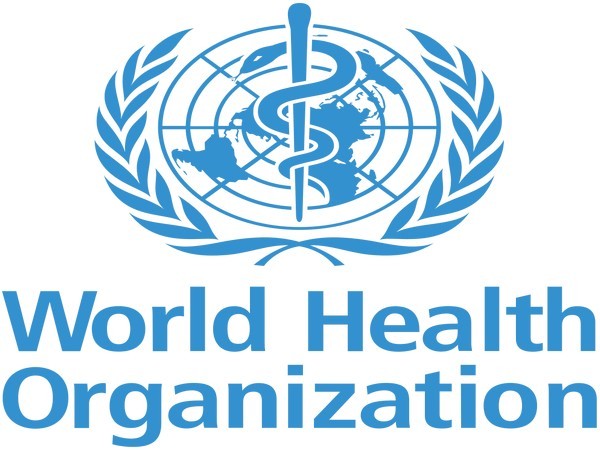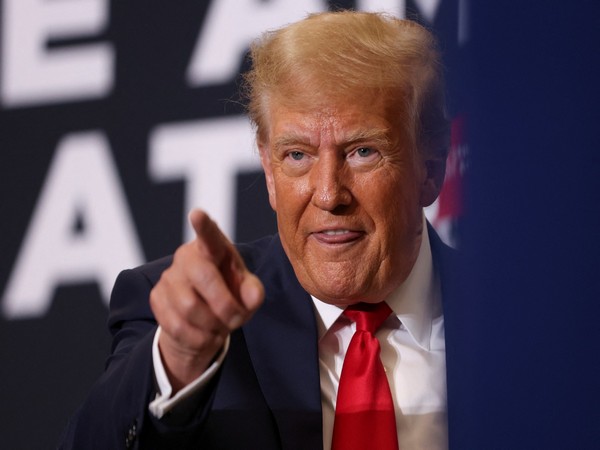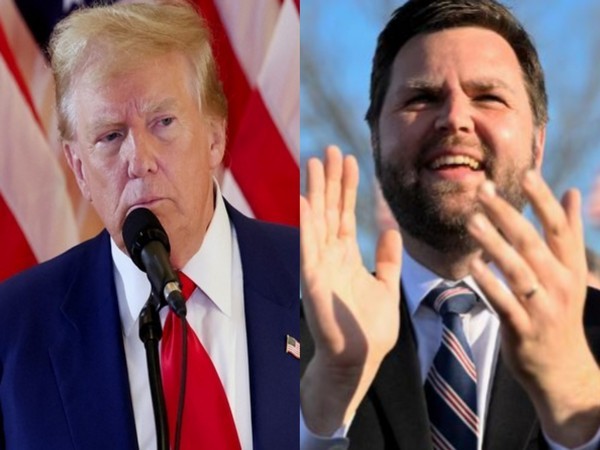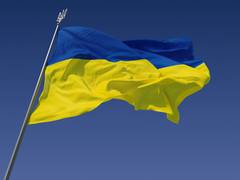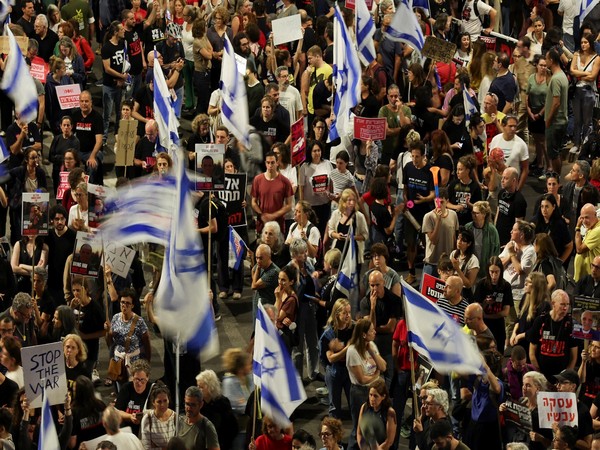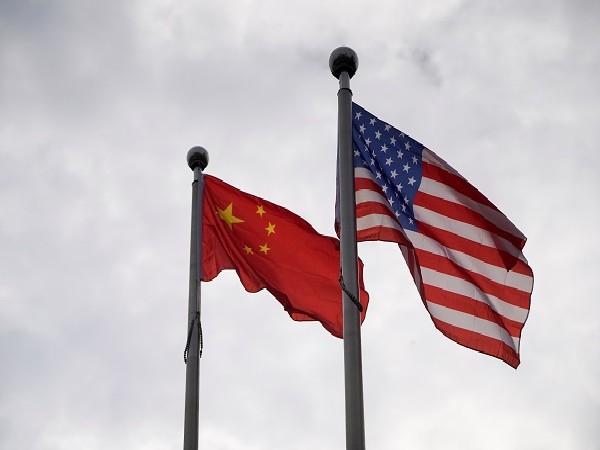Final push for global pandemic treaty to begin on Tuesday in Geneva
Apr 13, 2025
Geneva [Switzerland], April 13: Negotiators are entering the final stretch in protracted efforts to forge a global pandemic treaty aimed at preventing the chaos seen during the COVID-19 crisis, the World Health Organization (WHO) said.
Talks will resume on Tuesday in Geneva, with delegates expected to consult their respective governments on remaining points of contention.
The treaty, which has been in the works for years, could then be adopted in May at the World Health Assembly, the decision-making body of WHO.
The WHO has stressed the urgency of preparedness, warning that the next pandemic is not a question of if, but when.
The agreement, which was first proposed in 2021 and was expected to be finished last year, calls for stronger global health systems capable of detecting and responding to emerging diseases swiftly.
In the event of a future pandemic, it seeks to ensure rapid development and equitable distribution of vaccines, treatments, and protective equipment.
A key sticking point during the negotiations has been the draft's Article 12, which outlines the fair distribution of medicines and vaccines.
It seeks to address disparities seen during the COVID-19 pandemic, when some rich countries were administering third vaccine doses while populations in lower-income nations still waited for their first.
The treaty also addresses the sharing of pathogen samples and the equitable access to resulting medical products. Countries would be expected to provide samples of newly emerging threats, while benefiting fairly from the vaccines and treatments developed from them.
Negotiators are still debating how much material pharmaceutical companies should be required to provide at low or no cost in the event of a global health emergency.
The drastic reduction in development aid funding by the United States and other countries, as well as the withdrawal by the US from the WHO announced earlier this year, has complicated the initiative.
Washington had covered around 18% of the annual WHO budget. The treaty would be binding only in countries that choose to ratify it. The WHO emphasized it would not have the authority to impose lockdowns or other measures, which remain under the control of national governments and health authorities. (DPA)
Source: Qatar Tribune
